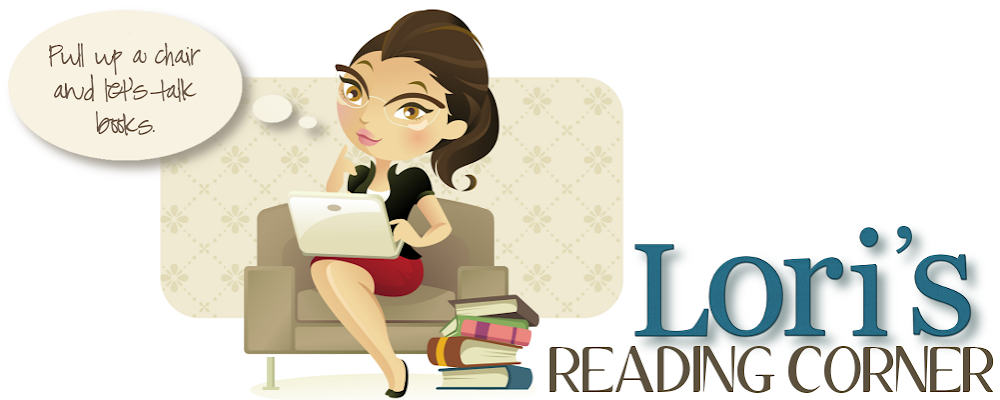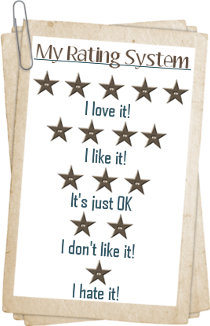
Lynda McDaniel
Do you ever envy someone else’s writing? Good! I know envy is one of the seven deadly sins, but it’s packed with useful information that can lead to great things when you understand why you’re envious.
Years ago, I used to envy two types of writers: journalists and copywriters. Eventually I was able to use that envy positively to better understand myself. As a result, I achieved success in both disciplines! I came to appreciate that my envy stemmed from a deep yearning, and it was sending me a message to get busy and do something about it.
In psychological terms, envy is a form of projection. Projection, according to the Swiss psychiatrist Carl Jung, is an automatic process in which the contents of our own unconscious are perceived to be in others. Another way of putting that: It’s as though we have a slide show inside our brains that we don’t know exists. Every now and then, a worthy screen shows up (like my envy of great journalists) that turns the projector on. The screen lets us watch our inner slide show, and if we’re paying attention, we can learn a lot about ourselves from what we’re projecting. In my case, that was my love of writing.
Today, the term projection is more common, especially on talk shows and in coffee-shop conversations, though it’s usually used negatively. “She projected her shortcomings on me, and I couldn’t take it any longer.” “The President projected his need for approval onto the generals.” But projection also can be a positive mirror of our inner desires.
To get to know yours, watch for your slide shows and become conscious of what holds special vitality for you. Pay attention to people you admire—or envy—and figure out why. Study books and magazine articles you think are excellent—and deconstruct them to find out why.
Once projection rears its head, it tends to rev up its message until we finally take notice. And here’s where we can get in trouble. We know what we want, but we don’t necessarily have the tools to implement it—yet. That’s when we can be hard on ourselves. This happened to me when I was in charge of approving an important brochure for an exhibition I was promoting. I can still recall the feelings I had reviewing that brochure. It was sophisticated, clever, and engaging. I felt both excited and depressed—telling myself I never could have written it. Never mind that I had not yet devoted the hours to my writing skills that this copywriter had. Never mind that I hadn’t fully explored what I could do as a writer.
More often than not, the slides are about our “becoming,” i.e., something nascent inside of us that wants—and needs—to be developed. Because of the gap in desire and reality, the initial experience can be troubling. But these negative feelings can offer sage advice when we know what to do with them. When I projected my self-doubt onto the creative brochure copy, if I’d known then about projection, I could have understood how deeply important it was to me to write beautiful words. I eventually got the message, but at the time, I held myself back by telling myself I was a loser.
If only I’d said, “Hey! It’s time to study, practice, learn.” What arrogance to think I should be able to sit down and craft thoughtful copy. What nonsense to believe it just flows out and doesn’t require diligence and patience and copious editing.
That’s one reason I wrote Words at Work. You don’t have to make this mistake. Next time you have a strong reaction to a novel or essay (or whatever you enjoy reading and writing), be happy even when it makes you feel uncomfortable. What change ever happens when we’re completely at ease? Go inside and discover where that feeling is coming from. What do you really like or hate about the writing? What inside of you would like to be just like that or not at all like that? Either way you win.
Words at Work: Powerful business writing delivers increased sales, improved results, and even a promotion or two. A veteran writing coach shows you how. by Lynda McDaniel
Tips, techniques and tactics for better business writing. Professional writing coach McDaniel addresses the sad fact that business writing is becoming somewhat of a lost art, largely because of e-mail and other electronic communications. "When you write only short e-mail and text messages," she writes, "your ability to develop your thoughts shrivels, along with your ability to persuade, sell, teach, improve, guide, change, contribute, and create." The author provides a wealth of advice--including specific exercises--to prompt business writers to write well. Unlike most business-writing courses and books that are dry and dull, McDaniel's work is a breezy, well-written how-to guide, nicely held together with stories of her experiences. The author is unafraid to illustrate some of her lessons with personal challenges and failures, which may be the best teacher. The author covers all the basics: planning ahead, producing first drafts, the importance of the six key questions (who, what, where, when, why, how) and the essentials of editing. But she includes additional techniques that will be of great benefit to business writers, such as her "Brain Dump" process, and how to avoid "corporatespeak" and "WIIFM," or What's In It For Me. Thankfully, McDaniel presents all of the material in the book clearly, concisely, and with a healthy dose of encouragement based on the optimistic belief that "everyone can learn to write well" and that "bad writers just stopped too soon." There are some good suggestions even for seasoned writers, such as "Exciting to Write = Exciting to Read," a section of specific ways to add interest and vitality to writing. The examples she uses demonstrate that even business writing can be done with flair. While McDaniel makes a sales pitch for her services at the end of the book, it's a small price to pay for the wisdom she imparts. The book's readability is proof positive that the author's counsel is sound. A timely manual that business people at any level will find useful.






















No comments:
Post a Comment